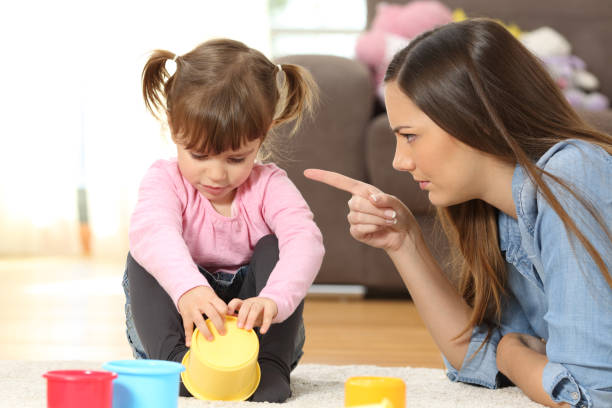Parental favoritism, often described as the differential treatment of children within a family, is a phenomenon that has intrigued psychologists and sociologists for decades. While it is natural for parents to have unique relationships with each of their children, favoritism becomes problematic when it leads to unequal treatment, neglect, or emotional harm. In this essay, we will explore the multifaceted consequences of parental favoritism on children, examining its effects on their emotional well-being, self-esteem, and interpersonal relationships.
Emotional Well-being:
One of the most significant impacts of parental favoritism is its effect on the emotional well-being of children. Research suggests that children who perceive themselves as being unfavorably treated compared to their siblings are more likely to experience negative emotions such as resentment, jealousy, and low self-worth. This emotional distress can manifest in various ways, including depression, anxiety, and behavioral problems.
Children who feel neglected or marginalized by their parents may struggle to develop a strong sense of identity and self-confidence. They may internalize the belief that they are unworthy of love and attention, leading to long-term issues with self-esteem and self-image. Furthermore, the constant comparison to a favored sibling can create feelings of inadequacy and inferiority, exacerbating their emotional turmoil.
Interpersonal Relationships:
Parental favoritism can also have a profound impact on the interpersonal relationships of children, both within the family unit and beyond. Sibling rivalry is a common consequence of favoritism, as children compete for their parents’ affection and approval. This competition can breed resentment and hostility between siblings, undermining the bonds of trust and support that should ideally characterize sibling relationships.
Moreover, children who feel unloved or undervalued by their parents may seek validation and acceptance from other sources, such as peers or romantic partners. They may struggle to form healthy attachments and maintain fulfilling relationships, as they grapple with feelings of abandonment and insecurity stemming from their family dynamics. In extreme cases, these relational difficulties can persist into adulthood, contributing to issues such as codependency, attachment disorders, and social isolation.
Academic and Career Outcomes:
The impact of parental favoritism extends beyond the realm of personal relationships to influence children’s academic and career trajectories. Studies have shown that children who perceive themselves as receiving less parental support and encouragement are less likely to excel academically and pursue ambitious career goals. They may lack the motivation and confidence to strive for success, believing that their efforts will go unrecognized and unappreciated.
Furthermore, parental favoritism can create a sense of unfairness and injustice in children, leading to disillusionment with societal institutions and norms. They may become cynical and resentful, feeling as though their meritocratic ideals have been betrayed by the nepotism and favoritism they experience within their own family. This disillusionment can undermine their belief in the value of hard work and meritocracy, potentially impacting their future prospects and contributions to society.
Coping Mechanisms:
Despite the profound challenges posed by parental favoritism, children are remarkably resilient and resourceful in navigating these complex family dynamics. Many develop coping mechanisms to cope with the emotional strain and interpersonal conflicts that arise from favoritism. These may include seeking support from friends, confiding in trusted adults, or engaging in activities that foster a sense of autonomy and competence.
Therapeutic interventions such as family counseling and individual therapy can also provide children with the tools and strategies they need to address the underlying issues related to parental favoritism. By exploring their feelings and experiences in a supportive and nonjudgmental environment, children can develop healthier coping mechanisms and build resilience in the face of adversity.
Conclusion:
In conclusion, parental favoritism has far-reaching consequences for children, impacting their emotional well-being, interpersonal relationships, and future prospects. From fostering sibling rivalry to undermining academic and career aspirations, favoritism can leave a lasting imprint on children’s lives, shaping their beliefs, attitudes, and behaviors well into adulthood. However, with support from trusted individuals and access to therapeutic interventions, children can learn to navigate the complexities of family dynamics and emerge stronger and more resilient in the process. Ultimately, fostering an environment of love, acceptance, and equality within the family is essential for promoting the healthy development and well-being of all children, regardless of birth order or perceived favoritism.

